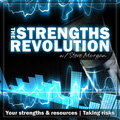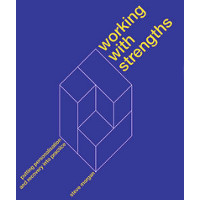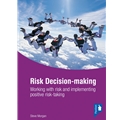Strengths as the ultimate Resources
 Monday, July 4, 2022 at 2:09PM
Monday, July 4, 2022 at 2:09PM What do you think when the topic of strengths-based practice is raised? Is it something that you will devote some quality time to when other priorities have been sorted out? I hope not!
When we are working with those challenges, trying to manage a few of life's difficulties, or finding ways to manage or take risks... a Strengths Approach is the critical way forward.
If you're interested to learn more check out the following link for a Strengths Checklist, which could also be your first step towards connecting with my wider range of resources specifically focused on 'strengths', but also seeing strengths-based practice as the ultimate way of underpinning our confidence in my concept of 'positive risk-taking'.
https://positiverisktaking.lpages.co/working-with-strengths/






